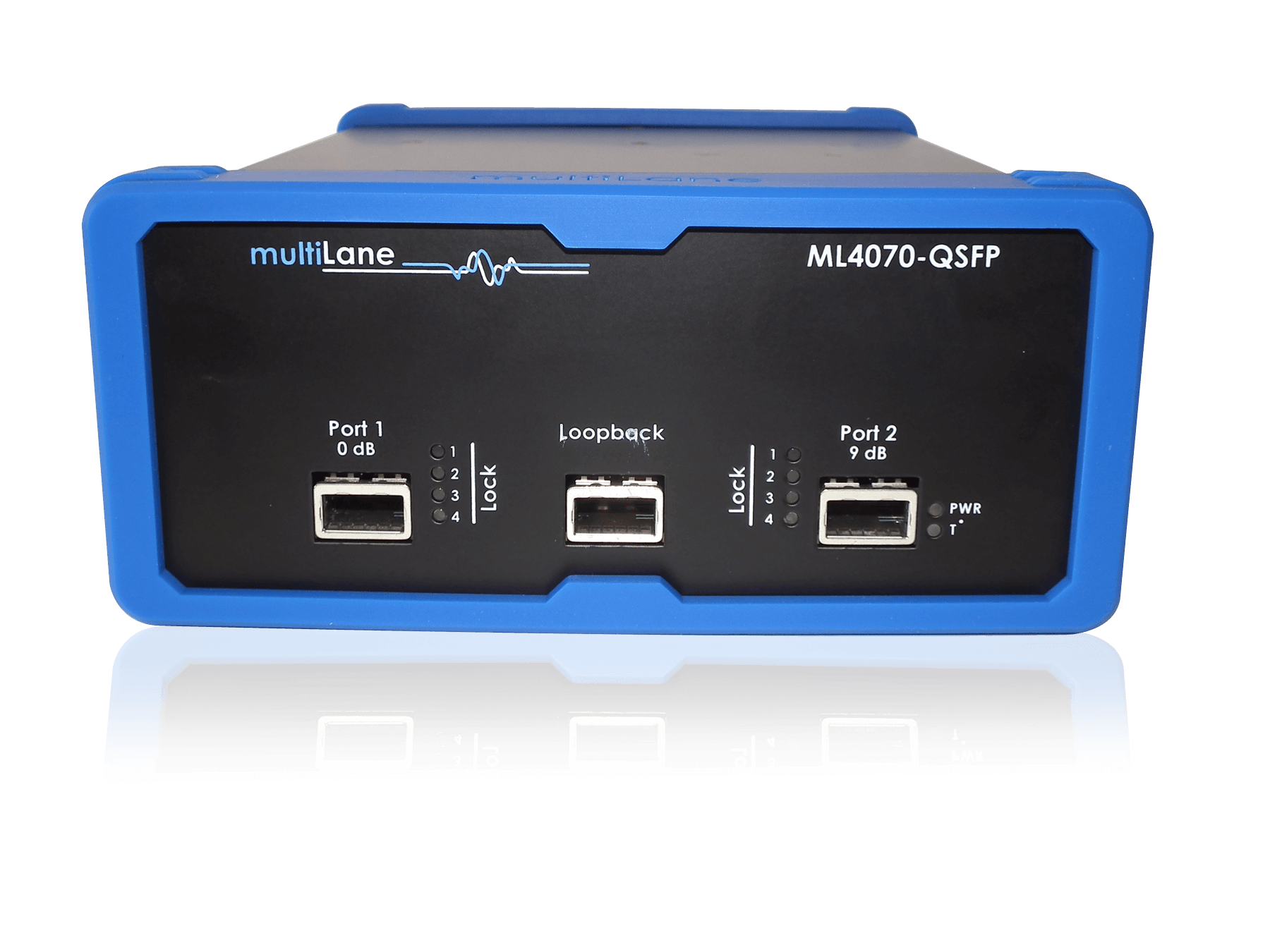In the intricate web of optical networking, every component plays a pivotal role in ensuring seamless communication and data transmission. One critical component is the optical transceiver, serving as the bridge between fibre optic cables and network devices. However, not all transceivers are created equal, and ensuring their qualification is paramount for network reliability and performance.
Transceiver qualification refers to the rigorous testing and validation processes undertaken to ensure that these optical modules meet stringent industry standards and performance benchmarks. In this blog post, we delve into the significance of transceiver qualification in optical networks, shedding light on its multifaceted importance.
Why Does Transceiver Qualification Matter?
- Performance Assurance: Transceiver qualification guarantees that these optical modules meet the required performance standards across various operating conditions. Whether it’s data rate, signal integrity, or temperature tolerance, qualification ensures that the transceivers deliver consistent and reliable performance.
- Reliability and Durability: Optical transceivers often operate in demanding environments, facing challenges such as high temperatures and mechanical stress. Qualification testing ensures that these modules are robust enough to withstand such conditions without compromising performance or reliability.
- Interoperability and Compatibility: Qualified transceivers are designed to seamlessly integrate with a wide range of network equipment, ensuring interoperability and compatibility. This compatibility is essential for preventing network disruptions and ensuring smooth communication across diverse devices and platforms.
- Regulatory Compliance: Transceiver qualification ensures compliance with industry regulations and standards, safeguarding against potential legal or regulatory issues. By adhering to these standards, manufacturers demonstrate their commitment to delivering safe, reliable, and compliant products to the market.
Optical Transceiver Qualification: A Game-Changer in Network Stability
In the dynamic landscape of optical networking, where reliability, performance, and interoperability reign supreme, transceiver qualification emerges as a game-changer. By subjecting these critical components to rigorous testing and validation, stakeholders can rest assured knowing that their network infrastructure is built on a foundation of quality, reliability, and compliance.
Stay tuned for our next blog post, where we delve deeper into the intricacies of transceiver qualification and the pivotal role it plays in ensuring the seamless operation of optical networks.

